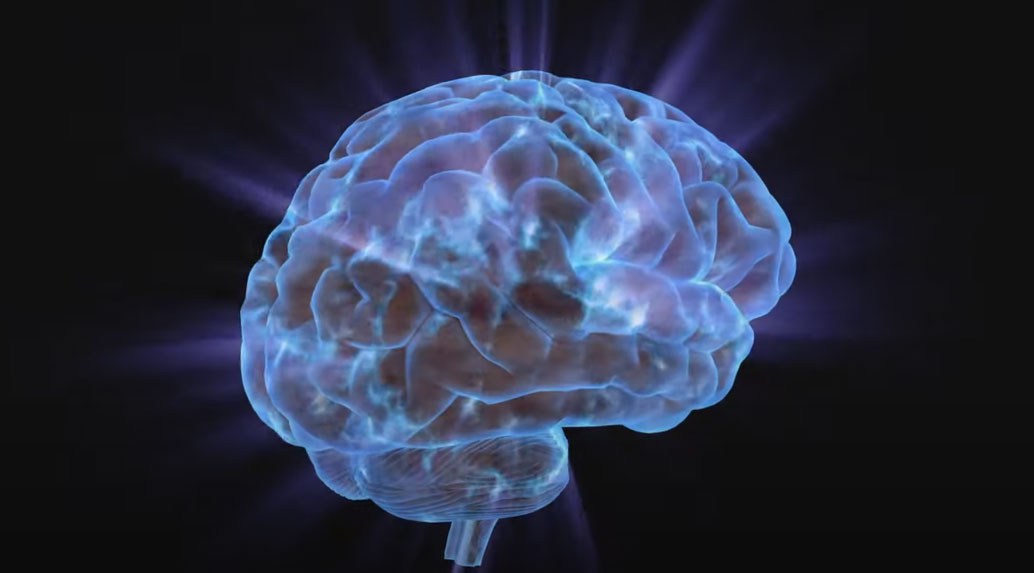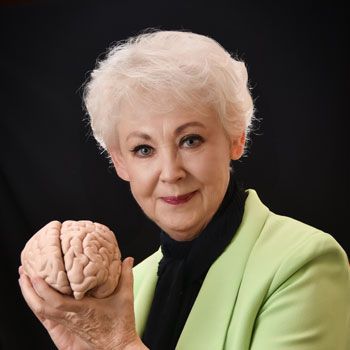The Grace of Gratitude

©Arlene R. Taylor, PhD
www.ArleneTaylor.org
Who you spend time with is who you become.
Change your life by consciously choosing to surround yourself
with people with higher standards.
—Tony Robbins
 “Life is really irritating and I mean really irritating,” said Annie, dropping into a cushioned chair. Albert nodded in agreement. “You know, I truly thought that embracing a Longevity Lifestyle would smooth out all the myriad things that bother me,” Annie continued, “but it has not. At least not completely. To cap it all off, the doctor told me this morning—rather bluntly, mind you—I need to work on gratitude. I ask you, what does gratitude have to do with health and longevity anyway?”
“Life is really irritating and I mean really irritating,” said Annie, dropping into a cushioned chair. Albert nodded in agreement. “You know, I truly thought that embracing a Longevity Lifestyle would smooth out all the myriad things that bother me,” Annie continued, “but it has not. At least not completely. To cap it all off, the doctor told me this morning—rather bluntly, mind you—I need to work on gratitude. I ask you, what does gratitude have to do with health and longevity anyway?”
“Perhaps more than you may have realized,” said their counselor. “Life will always contain irritants—from the pebble in your shoe to the neighbor’s barking dog or crowing rooster or to the long lines at the post office. Focusing on irritants can turn them into proverbial mountains quite quickly. When you hone in on irritants, that’s what goes into working memory (what you are consciously concentrating on at the moment). Since the brain wants congruence and because it perceives that what you put in your working memory is important to you, it immediately begins searching its memory banks for similar incidents from the past. Any event or situation you found irritating. Before you know it …”
“Before you know it, all you seem to notice are life’s irritants,” said Albert, interrupting. “Been there done that. Doing it now!”
“Metaphorically, think of your brain as a camera that continually records the things on which you choose to focus,” said their counselor. “What are you putting into your brain’s working memory? What is being transferred into long-term memory?”
“My doctor told me I’d be far better off to stop whining, complaining, and blaming and start being thankful—which irritated me no end! I thought that was rude of her, but maybe I have developed a bad habit of looking for what’s wrong instead of what’s right.” Annie sighed. “She was direct, but as I think about it, she does have a point; may even be right.”
“The word gratitude describes a state of mind that acknowledges when bad things happen but looks for the lesson or gift,” said their counselor. “Studies have shown that fear and gratitude cannot coexist simultaneously in the brain. In his book, Thanks! Robert Emmons points out that people who practice grateful thinking, reap emotional, physical, and interpersonal benefits. They tend to take better care of themselves and engage in more protective health behaviors like physical and mental exercise, healthy eating, and regular physical examinations.”
“Practice gratitude?” asked Albert. “I’ve never heard that term before. How do you practice gratitude?”
“Like laughter, it is good medicine. You choose to laugh; you choose to be thankful. You may remember the old proverb that says you can escape from a trap only when you recognize and acknowledge you’re in one—and choose to take the necessary steps to free yourself. You might begin by keeping a gratitude journal. In one study, those who kept such a journal—hard copy or electronic—reported fewer symptoms of illness, tended to feel better about their lives as a whole, and typically were much more hopeful about the future.”
“A gratitude journal,” said Annie thoughtfully. “I think I’d like to try that. It would be a new experience. I’ve kept a running journal of gripes and complaints, at least in my mind.” She laughed. “And now I’m realizing that the women I hang out with gripe and complain as much as I do,” said Annie. “When we get together for lunch, that’s all we do. Whine and complain.”
Their counselor went on to point out several research studies related to gratitude and happiness.
- Grateful people tend to be more optimistic, a characteristic that researchers say boosts immune system function. You can move up your set point to some degree for both happiness and gratitude—in all likelihood enough to have a measurable effect on both your overall outlook and health. Studies at the University of Connecticut, showed that patients who identified benefits from their heart attack―such as becoming more appreciative of life―lowered their risk of having another heart attack.”
- Edward Diener, PhD, professor at the University of Illinois at Champaign-Urbana and also known as Dr. Happiness, has studied life satisfaction of people from various cultures. He found, for example, people in India living in poverty report low levels of life satisfaction. But so do a high percentage of people in affluent Japan. This suggests that an emphasis on materialism (e.g., money, goods, and things) does not appear to be linked with an increase in one’s level of life satisfaction.
- Studies by Martin Seligman, point out that individuals who write ‘gratitude letters’ to a person who made a difference in their lives score higher on scales of happiness, and lower on scales of depression. Moreover, the effect lasts for weeks.
- Research by David DeSteno at Northeastern University in Boston, has shown that gratitude reduces impatience, even when real money is at stake. And the effects of gratitude are differentiable from those of the more general positive state of happiness. Although different, gratitude and happiness may actually reinforce each other, positively impacting mindset, self-talk, attitude, behaviors, and communication.
“Okay. That does it. I’m on board,” said Albert. “My goal is to focus on the positives in life rather than on the negatives.”
“According to Melanie Greenberg, PhD, a clinical psychologist, life counselor, and expert on life change, developing a gratitude practice can open your heart and rewire your brain,” said their counselor.
“Wow!” exclaimed Annie. “I like that! I’m choosing to give myself an attitude adjustment, beginning in my brain where everything starts, as I’m learning. As of this minute, I’m doing an about-face and heading in a healthier direction. So long whining, complaining, and blaming—come on in gratitude and thankfulness.”
“Me, too,” said Albert. “From now on, I choose to be thankful for something every single day and hone a positive mental attitude. We’ll help each other.”
Albert smiled and reached for Annie’s hand.
“No doubt, you’ve heard of the Native American Shawnee Warrior, Tecumtha, often referred to as Tecumseh,” said their counselor. “A proponent of gratitude, Tecumseh has been quoted as saying:”
‘When you rise in the morning, give thanks for the light, for your life, for your strength. Give thanks for your food and for the joy of living. If you see no reason to give thanks, give thanks anyway.’
“I’ve certainly benefited from being mindfully grateful on a daily basis,” said their counselor, smiling. “I’m also discovering a great deal of personal fulfillment in doing little random acts of kindness. Often, it’s just some small thing that makes a difference in someone else’s life. When you stay alert for opportunities, somehow they pop up right in front of you. I’ve been the recipient of random acts of kindness myself and know how good they can make you feel.”

“Random acts of kindness,” mused Albert. “Another good idea. I am starting my gratitude journey right now. By thanking you for pointing us toward a new and healthier direction—a Longevity Lifestyle, that is going to help us be healthier, live a long time, and improve our relationship.” They smiled at each other.
“I’ll just bet my doctor will be shocked at my next appointment when I mention things for which I am grateful rather than just dumping all my real—or imaginary—complaints on her.” Annie smiled, wryly.
The couple left the office looking a great deal less irritated than when they’d arrived. Acting a good deal less irritated, as well. It was a fine start.




